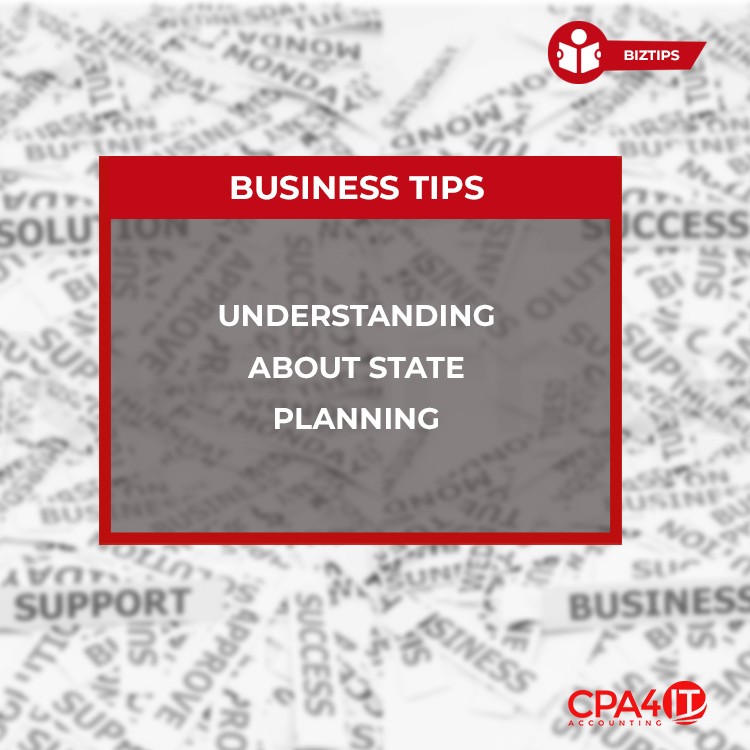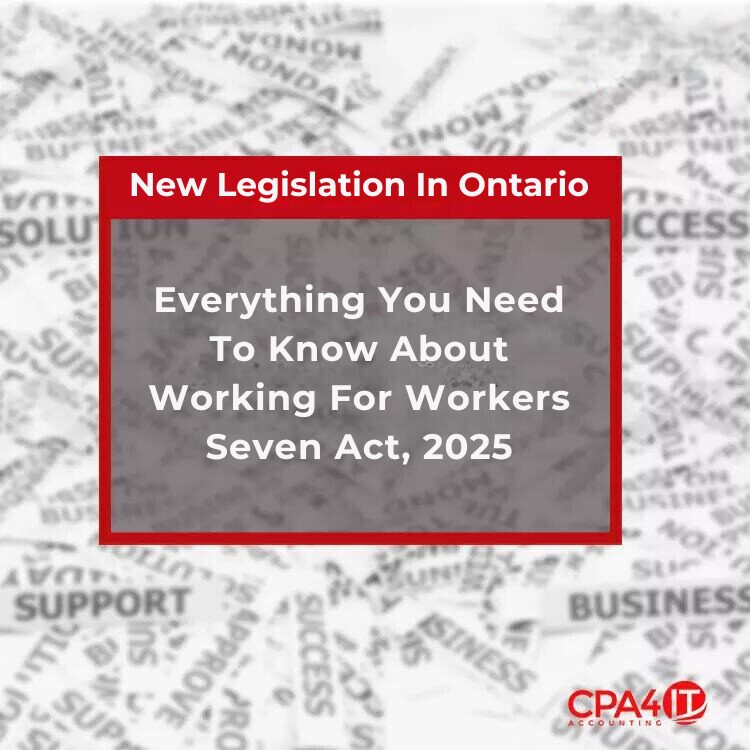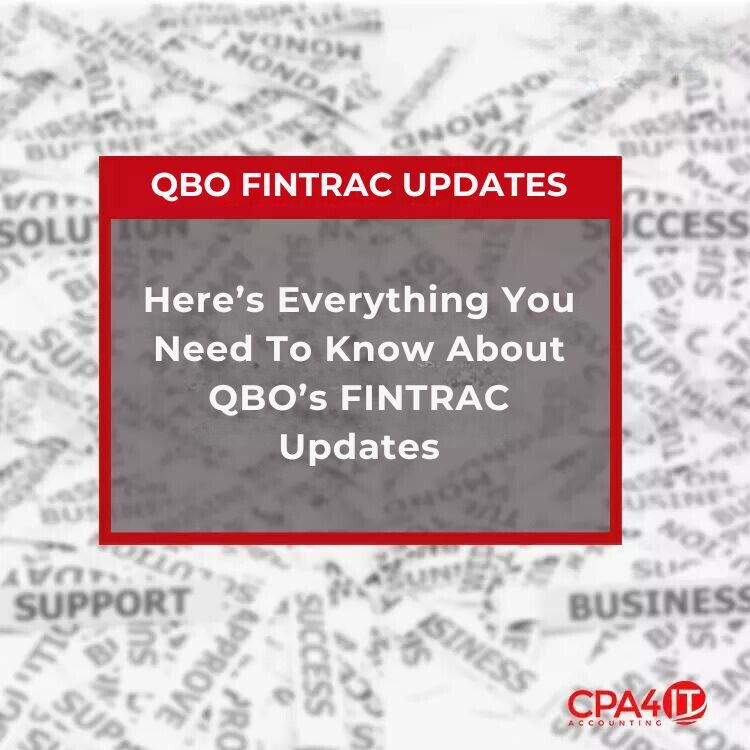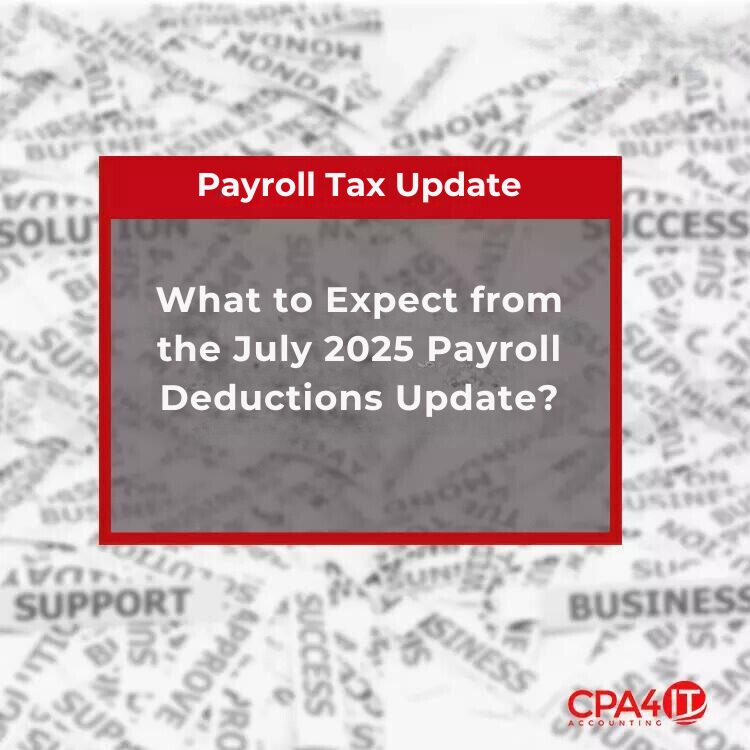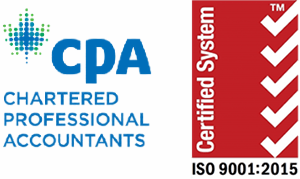Many of you might already be familiar with wealth stewards as we have partnered with them in order to allow us to offer a range of wealth management service offerings to our clients. One such offering is estate services and our topic today is centered around executorship.
Is it an honor or a burden? Great question. Nicholas Meyer VP of Wealth Stewards, Professional executor, trustee, and attorney for property explains in detail about this important subject.
What is an executor?
As the name says, it’s the person in charge of executing the will in Ontario. The official name is the state trustee. It’s always a good thing to remember that the executive must act in the interests of all the beneficiaries, what we call even principle, which can sometimes depend on the family dynamics.
The title is Executive Honor Burden because very often people think and believe in good faith that by appointing a friend or family member as an executor, it’s an honor. Well, it might be an honor. It might be a burden. It is a question.
It is estimated that $1.5 trillion, which is not a small amount worth of business, will be transferred to a new generation of business owners. But. Less than half of the business owners have a succession plan and only 8% have a formal written plan, so what does it mean? First, the fact that there is no formal business succession plan, it is likely it will that there will be a substantial loss of value in calling a loss of value of the estate. So ideally, this is ideally, naturally a business succession plan. Could be put in place before or upon finalization of your wills and power of attorneys, because basically, these two are really inherently correlated.
Business succession is a relatively lengthy process, if you want to want to plan the succession of the business start sooner rather than later, It always takes far more time than expected, and is relatively complex because it will involve usually a lot of professionals. This is part of the overall estate planning of the business owner.
Main Duties of an Executor
•First and immediately: organize the funerals
•Also immediately: ensure assets of the deceased are properly safeguarded and protected (e.g. home)
•Locate the will
•Gather documents/information to establish the inventory
•Run the business!!
•Regular communication with beneficiaries
•Probate application
•Manage the assets during the process
•Final tax returns
•Distributions
What are the risks and difficulties of being an executor
It’s not a small task and should never be underestimated, both in terms of time and both in terms of responsibility and liability. I would like to raise two interesting issues that come across when an executor has to settle the estate first. The issue of blended families, we know that unfortunately, more than 50% of people, 50 plus will be divorced at least once, if not twice, or hopefully not more than once. This means that the likelihood of having a blended family is not marginal, and makes it more complex.
It’s never easy, but you might have also just a sort of traditional family, but with complex family dynamics. And what I’ve noticed and I have met with probably hundreds, if not thousands of families. You have always people who get along better with some of the family members and others, so it’s difficult for a family member who is an executor to deal with that because this person has to have a beneficiary and executor.
•Executors become 100% personally liable for any issues that arise.
•Estate information Return (EIR) – Punitive and possible imprisonment for errors.
•Business – Executor will be responsible to run it, and to run it properly – may be difficult if executor not a professional
•Taxes, creditors and other legal implications become their responsibility
•Blended families/complex family dynamics: often very difficult for the executor to handle the relationships between beneficiaries when himself/herself alis so a beneficiary
•Cross-border situations (people citizens of and/or resident in other countries or assets located abroad): very complex area of law (Private International Law) – requires to consult foreign tax and legal advisors
If the executor not resident:
1. Canadian courts may not allow a foreign executor
2. A foreign executor will result in a foreign estate with possible foreign tax implications
3. Courts may require a bond to be issued
4. Investment managers can not take instructions from a foreign person
5. There also, need to know the rules of each country
What happens is there is no Will?
You might have also a regulatory issue in the sense that Canadian investment managers might not be able to take instructions from a foreign person, and each country has its own rules. So to appoint some a family member who lives in another country is as a matter of principle, not a really good idea. Unfortunately, only 50% of people have a will in Canada. So it has lots of unpleasant consequences.
First, the people who will be the beneficiary will be those according to the laws of intestacy. And that might not be the ones that you intended to be the beneficiaries. You will need to appoint someone in charge of settling the estate. Well, that will trigger additional cost and delays, and the assets will be frozen. That it will impact the business.
Choosing your executor
If a business is owned by the estate:
–Absolute need of the assistance of your accountant and of an estate professional (e.g. a professional executor)
–If not highly likely that very costly mistakes will be made!
-Executor must ensure transparency and family harmony (e.g. family meetings)
-Must be family involvement
What is a power of attorney?
There are two types of power. Attorney for property and for personal care.
For property, basically, it gives the right to the attorney for property to step in your shoes and to manage your financial assets in financial affairs, and the attorney for personal care is to make health care decisions for you.
Choosing your attorney
•If a business is involved: essential to have a professional with the competency to run a business (eg. professional attorney for property)
•Otherwise: risk of business going bust!
Most people would initially think that being named as executor is an honour After this blog post, what is your answer?
Watch our pre-recorded webinar here.
If you want to organize your finances, create wealth and transform wealth into a legacy, it’s time to book a free consultation with our experts.

